Tattoo Side Effects: Risks & Precautions To Consider
Experience a safe tattoo experience with these simple and effective safety measures.

Image: Shutterstock
Tattoos are becoming increasingly common today as a creative way of expressing oneself. Though a popular trend in recent times, not many think of the tattoo side effects before getting one. So, here is something to help you out. A tattoo involves inserting ink into the skin using needles in a handheld machine, similar to a sewing machine. This process creates tiny ink droplets through repeated needle pricks, leading to some bleeding and pain. If your skin heals properly, you are left with a beautiful piece of body art. However, poor ink quality and not following proper aftercare may cause common side effects like infections and allergies.
In this article, we will learn about the adverse effects of tattooing, the safety of inks, and precautions you need to take before getting inked. Scroll down and take a look!
In This Article
Side Effects Of Tattoos
- May Cause An Allergic Reaction
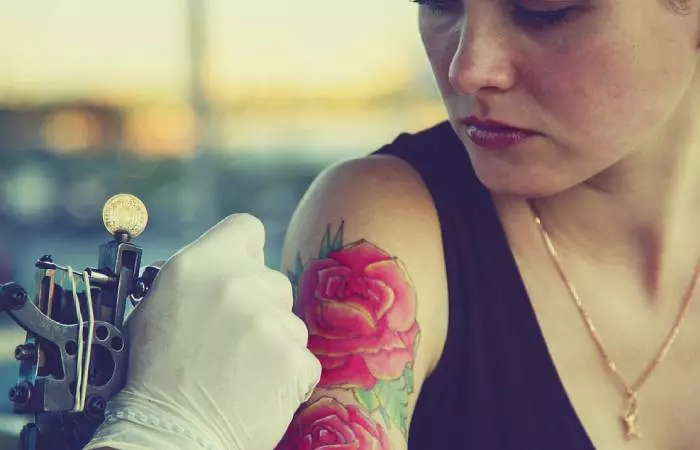
People may develop an allergic reaction during or after the healing process due to the tattoo pigments present in the ink. Red, yellow, blue, and green pigments are more likely to cause a tattoo allergy. The presence of ink impurities and specific tattoo pigments, such as cobalt (blue), cadmium (yellow), and mercury salt (red), can lead to skin irritation (1). Other potential allergen sources include organic ingredients in tattoo ink, such as azo dyesi Chemical compounds extensively used to produce vivid hues in textiles, foods, pharmaceuticals, and tattoos and quinacridonei A popular and durable synthetic pigment used in several watercolor paints, printer inks, and tattoo inks . Also, an allergy to latex gloves worn by tattoo artists can aggravate these skin reactions and result in rashes, swelling, and breathing problems (2).
 Pro Tip
Pro Tip- May Result In Skin Infections
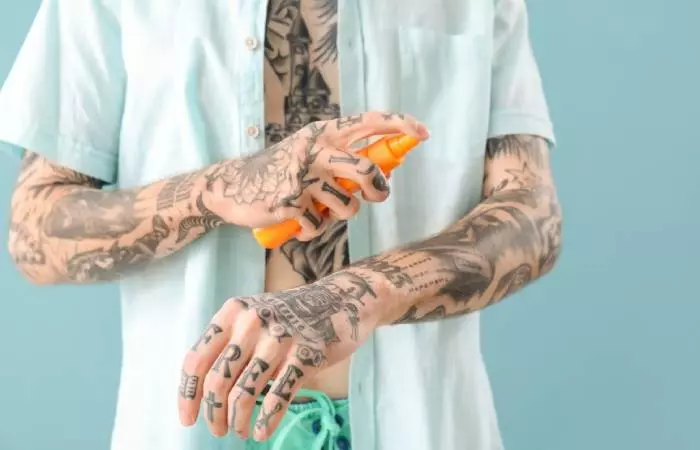
Tattooing involves injuring the skin’s upper and middle layers, leaving it more prone to bacterial infections and bloodborne diseases. Contaminated tattoo inks, insufficient skin disinfection before tattooing, and scratching during the healing process can cause bacteria to enter the blood and cause foreign body reactions (1). If the infections spread, one can develop fever among other chronic complications. Plus, contact with contaminated equipment can transmit bloodborne diseases like MRSA (Methicillin-resistant Staphylococcus Aureus)i A strain of bacteria found on the skin that is resistant to various antibiotics and causes infections , hepatitis B, and hepatitis C. These infections commonly involve bacteria, viruses, and occasionally fungi or parasites, leading to various skin and hypersensitivity reactions (3). Infections may arise within the first two weeks and manifest in the form of red and itchy tattoos. They may also be accompanied by discharge and swelling.
- May Cause Keloid Scarring
Poor tattooing techniques like going too deep or applying too much pressure can cause skin injuries (4). These injuries may result in keloid formation or raised scars that stay even if the tattoo is removed with lasers (5). Individuals prone to keloid scars may have a similar reaction to the tattoo. The ink used in decorative tattoos, especially blank ink, can cause granulomasi A cluster of white blood cells that form in response to inflammation, irritants, foreign substances, or infections , making them hard to diagnose (6).
- May Interfere With Cancer Diagnosis
Tattooed skin may hide important signs of skin problems like moles or red patches that could be associated with serious skin conditions. Sometimes, tattoo pigments may affect the color and swelling of lymph nodes that may also be signs of melanomai A type of skin cancer that develops in the pigment-producing cells of the skin known as melanocytes , a type of skin cancer (7), (8). This may make it difficult to diagnose melanoma accurately in someone with tattoos. Also, melanomas and basal cell carcinomasi A common form of skin cancer that originates in the basal cells and appears as white or brown bumps occur more frequently with dark colors like carbon black or navy blue pigment, whereas exposure to red ink may increase the risk of squamous cell carcinomasi A type of skin cancer that forms in the squamous cells and appears as scaly red patches or sores on the skin's surface and carcinoidsi Slow-growing tumors that develop in various organs and originate in the cells of the neuroendocrine system on the skin (3).
- May Cause MRI Complications
There is a small chance that having a tattoo during an MRI scan might potentially cause side effects like sudden pain and burning sensation (9). The iron oxide present in some colors of decorative tattoos may act like a magnet when it is near something magnetic, like in an MRI machine. This magnetic property of iron or ferric oxide is what may contribute to these issues during MRI scans (10). However, these complications of tattoos are rare, and most people recover fully with no lasting effects.
 Quick Tip
Quick Tip- May Aggravate Existing Skin Issues
Tattoos may sometimes aggravate existing skin problems, such as eczemai A chronic skin disease that commonly develops in childhood and causes dry, itchy, and rough patches on the skin or psoriasisi A chronic skin condition that causes white, scaly patches on the elbows, knees, and other parts of the body (11). The tattoo needle and ink could trigger flare-ups or eczematous reactions during healing. Therefore, people with these conditions should speak with dermatologists or tattoo artists before getting a tattoo. They can recommend specific aftercare products that may help make the healing process easier on your skin.
Getting a tattoo may cause the above-mentioned side effects. So, are tattoos bad for you? And are tattoo inks safe? Find out in the next section.
Key Takeaways
- Tattoos can cause adverse side effects like MRI complications, skin infections, and exacerbate existing skin issues.
- Tattoo pigments containing heavy metals and impurities can lead to allergic reactions and increase the risk of skin cancer.
- Visiting reputable tattoo parlors, discussing allergies, and ensuring sterilized equipment can help ensure a smooth and safe tattooing experience.
- Seek medical help if you experience symptoms such as redness and breathing difficulties.
Is Tattoo Ink Safe?
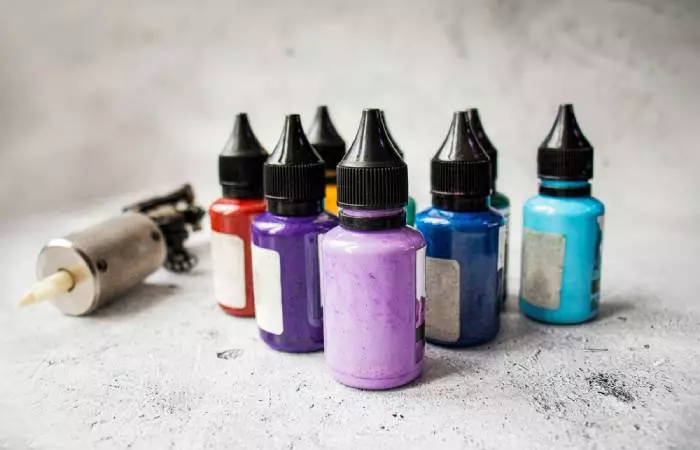
Tattoo inks are a mixture of chemicals and pigments. These components of tattoo ink contain more than 80% of industrial organic pigments (7). They are mainly created for industries that do not need super high purity or quality, which means they may have impurities that may cause adverse events. According to IARC, the presence of heavy metals in these tattoo pigments may be carcinogenic or potentially carcinogenic compounds (3).
Here is a list of metals found in the colorants:
- Green and blue colorants – Chromium
- Blue and yellow colorants – Cobalt
- Red colorant – Arsenic, lead, nickel, mercury, beryllium, antimony
Red, pink, and orange inks with mercury salts are most likely to cause allergies as compared to the cobalt salts in blue, yellow, and green inks (3). Therefore, you should be extremely careful while getting decorative tattoos to prevent these medical complications. Also, these harmful ingredients are not often listed on tattoo ink labels. Plus, Europe has banned some like cadmium, lead, chromium, and copper from being in the inks.
A blogger shared their experience of getting a tattoo allergy from brown ink. They said, “In the areas where I had the brown ink, there was so much oozing, and despite babying the tattoo like there’s no tomorrow, deep scabs formed (i).”
The European Union introduced a new regulation that restricted the use of around 4000 harmful chemicals in tattoo and permanent makeup ink that can cause cancer, genetic issues, or harm reproduction. Further, the manufacturers and tattoo studios must tell you what they use in the ink they use by labeling the packaging (3).
The presence of certain chemicals in tattoo inks may cause severe health complications. Scroll down for some safety precautions that may help prevent some of the long-term effects of tattoo ink.
Safety Precautions To Take Before Getting A Tattoo
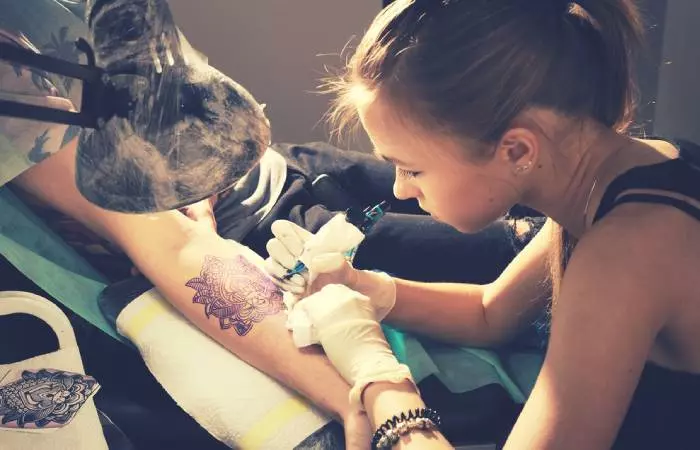
For a safer and more satisfying experience, take the following precautions and ask necessary questions before the tattooing process:
- Always go to a reputable tattoo parlor and tattoo artist.
- Check the reviews and portfolio before visiting a studio.
- Check with your city health department about the information on safety regulations and local licensing.
- Ensure the tattoo artist uses new, sterilized tattoo needles and equipment. Do not hesitate to ask about their sterilization process.
- Always ensure the tattoo artist washes their hands and wears a fresh pair of gloves.
- Discuss any known allergies or skin conditions with the artist. Do a patch test of the ink on a small area before getting the tattoo if you are unsure.
- If you have any health issues or are on medication, consult your doctor before getting a tattoo.
- If you have sensitive skin, inform the tattoo artist before starting the tattooing process.
Even after you get inked, it is necessary to take certain precautions to ensure you don’t get an infected tattoo. These include proper aftercare measures like keeping your tattoo clean and protecting it from sun exposure.
These precautions may help you avoid tattoo side effects. However, certain reactions to tattoos may still cause health risks. Check out the next section to know when to consult a doctor.
When To See A Doctor
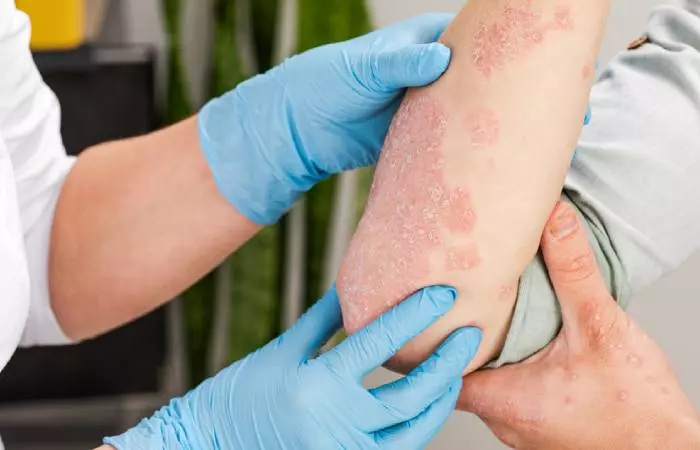
If you experience excessive swelling, persistent pain, redness, or signs of infection, seek medical help. Also, if you notice any allergic symptoms such as a tattoo rash, or breathing difficulties, consult a doctor immediately to address potential complications of tattoos and ensure proper treatment. Remember to stay vigilant during the entire healing process, till the time the design has completely healed. Ensure you do not witness any alarming signs. It is important to share any kind of discomfort with your doctor or tattoo artist to allow for early detection and prevention of adverse eff.
You can also inform the tattoo artist about the ink causing problems and ask for details like brand, color, and batch number to identify the source and treat the issue. Whether you are a client, artist, or a professional healthcare provider, report the problem to the FDA. Share as much information as possible about the ink and your reaction for safety purposes.
Getting a tattoo can be an exciting experience. However, it is important to be aware of these negative effects for a smooth and safe experience. Exposure to impure tattoo ink may cause allergies, keloid scars, and exacerbate eczematous flare ups and psoriasis. Further, the presence of heavy metals like chromium, cobalt, and mercury in tattoo inks may also increase the risk of infection and other adverse reactions. Selecting reputable tattoo artists and asking the necessary questions may decrease the risk of these adverse effects. However, if you experience severe pain, redness, and fever after getting a tattoo, consult a professional health care provider to ensure timely medical intervention.
Frequently Asked Questions
Can tattoos cause autoimmune disease?
Yes, tattoos can cause autoimmune diseases. When foreign substances enter the skin during tattooing, they can cause a toxic or immune system reaction. These immune responses, known as delayed-type hypersensitivity reactionsi Immune responses that develop 12 hours after exposure to an allergen, resulting in skin inflammation or other immune reactions , might cause skin eruptions in different areas (1).
What is the most common tattoo reaction?
Tattoos can lead to various skin reactions like temporary inflammation from needle trauma and medical problems such as infections. Allergic contact dermatitisi Skin inflammation that develops due to direct contact or exposure to an irritant or allergen and granulomas are some of the other common tattoo side effects (11).
How deep should a tattoo needle go?
Tattoo needles typically penetrate the upper layer of skin (epidermis) and reach into the deeper layer (dermis). The depth varies based on the design, location, and technique. But generally, it is around 1/16th of an inch into the skin.
Do tattoo lines get thicker over time?
No. Tattoo lines do not get thicker over time. However, the lines can slightly blur or widen over time due to various factors like skin aging, improper care, exposure to sunlight, or the human body’s natural healing process.
Illustration: Tattoo Side Effects: Risks & Precautions To Consider
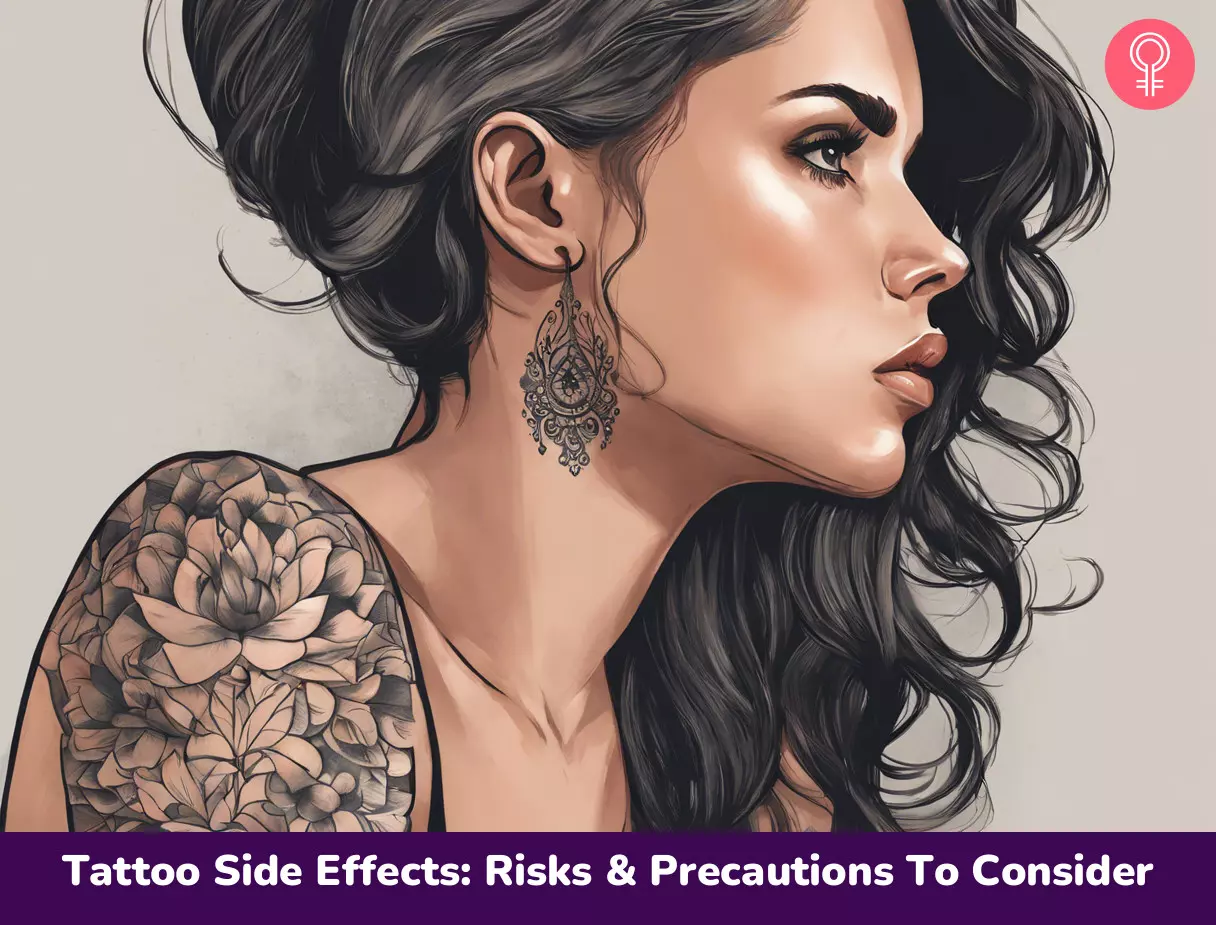
Image: Stable Diffusion/StyleCraze Design Team
Tattoos can pose serious health risks, demanding awareness and caution. Watch this informative video to safeguard your health and learn more about the potential complications associated with tattoos.
Personal Experience: Source
StyleCraze's articles are interwoven with authentic personal narratives that provide depth and resonance to our content. Below are the sources of the personal accounts referenced in this article.
(i) Tattoo Aftercarehttps://laurasbogusjourney.blogspot.com/2014/02/tattoo-aftercare.html
References
Articles on StyleCraze are backed by verified information from peer-reviewed and academic research papers, reputed organizations, research institutions, and medical associations to ensure accuracy and relevance. Read our editorial policy to learn more.
- Complications of tattoos and tattoo removal: stop and think before you ink
https://www.ncbi.nlm.nih.gov/pmc/articles/PMC4411590/ - Latex allergy: diagnosis and management
https://pubmed.ncbi.nlm.nih.gov/15327474/ - Types of colourants used in tattoo and permanent make‐up techniques, legal regulations, health, and psychological aspects of tattooing
https://www.ncbi.nlm.nih.gov/pmc/articles/PMC10485912/ - Tattoo complaints and complications: diagnosis and clinical spectrum
https://karger.com/books/book/174/chapter/5110237/Tattoo-Complaints-and-Complications-Diagnosis-and - Keloid
https://www.ncbi.nlm.nih.gov/books/NBK507899/ - Granulomatous and systemic inflammatory reactions from tattoo ink: Case report and concise review
https://pubmed.ncbi.nlm.nih.gov/32782801/ - Safety of tattoos and permanent make up (pmu) colorants
https://www.mdpi.com/2079-9284/8/2/47 - [Enlarged mediastinal lymph nodes of a patient with malignant melanoma stage IV under pembrolizumab treatment]
https://pubmed.ncbi.nlm.nih.gov/30887079/ - Tattoo complications and magnetic resonance imaging: a comprehensive review of the literature
https://pubmed.ncbi.nlm.nih.gov/32216450/ - MRI interaction with tattoo pigments: case report, pathophysiology, and management
https://pubmed.ncbi.nlm.nih.gov/9145144/ - Tattoo-associated skin reaction: the importance of an early diagnosis and proper treatment
https://www.ncbi.nlm.nih.gov/pmc/articles/PMC4132403/
Read full bio of Ali Aman
Read full bio of Shreya Mukherjee
Read full bio of Eshna Das
Read full bio of Gazala Firdos Ansari







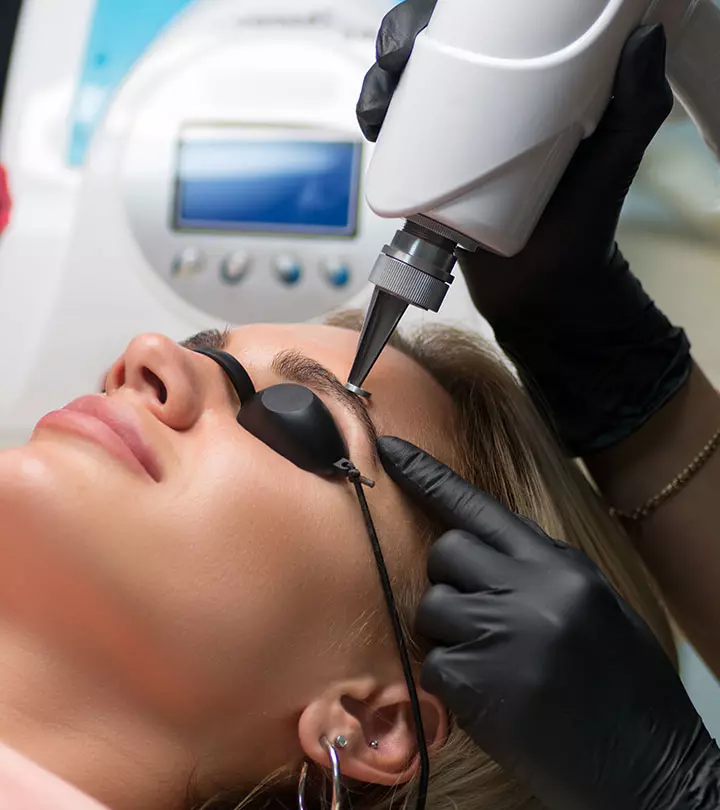

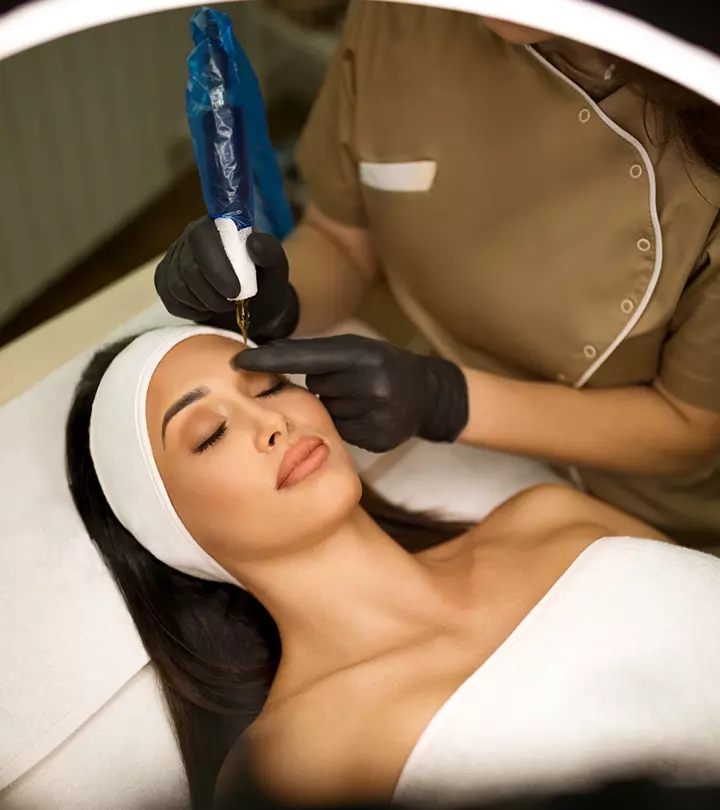


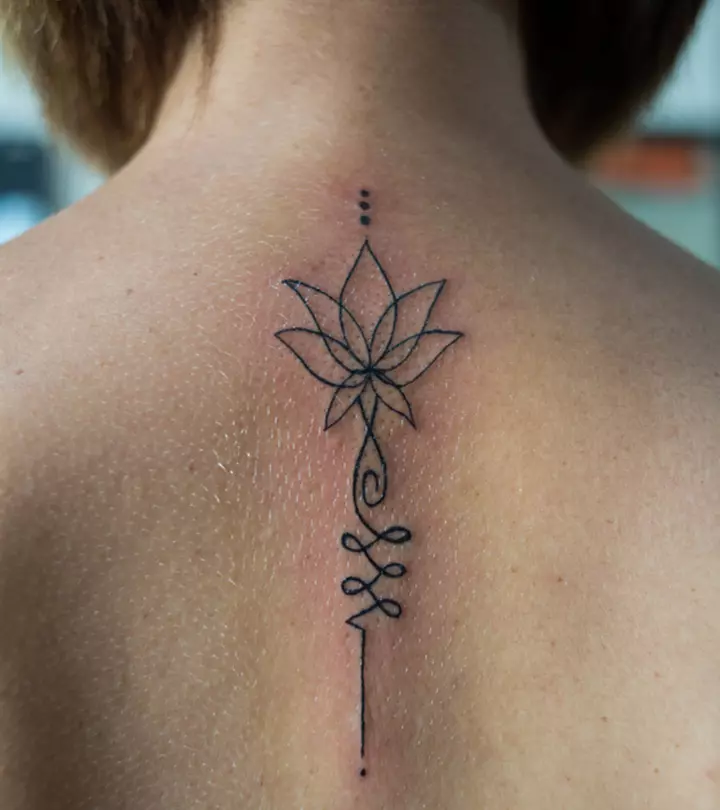
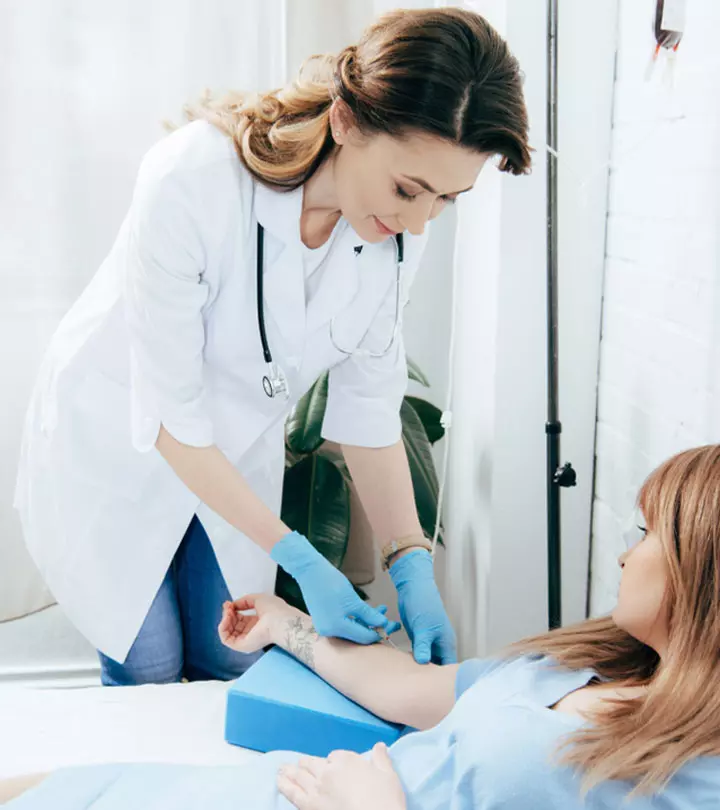

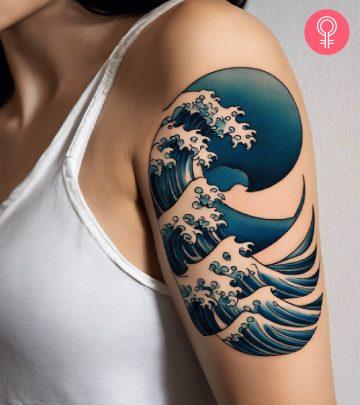
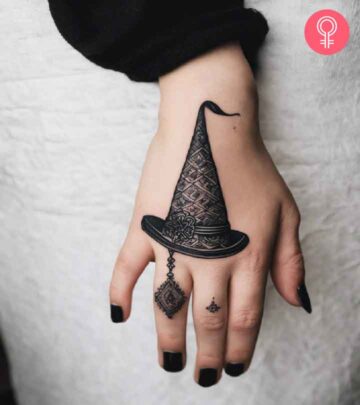




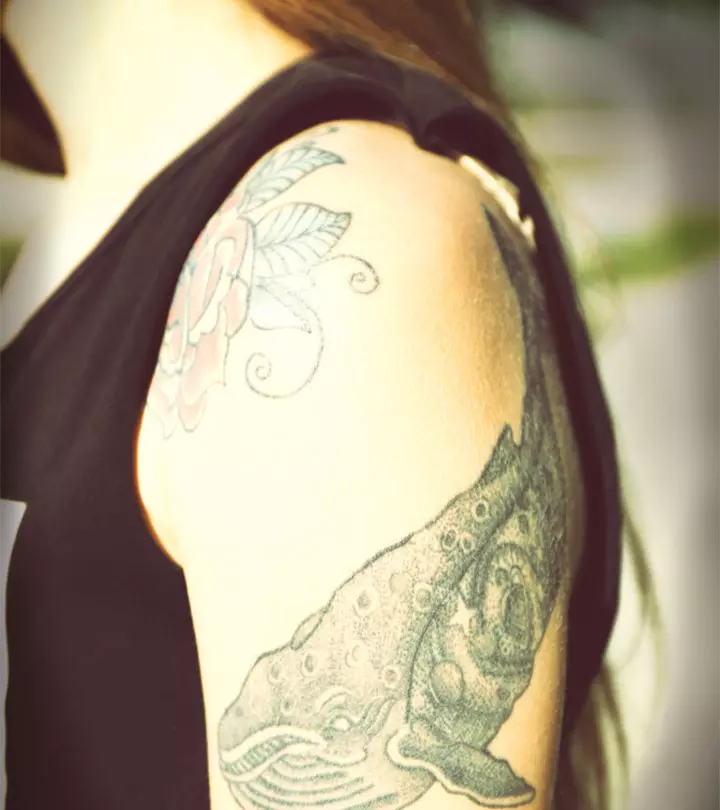
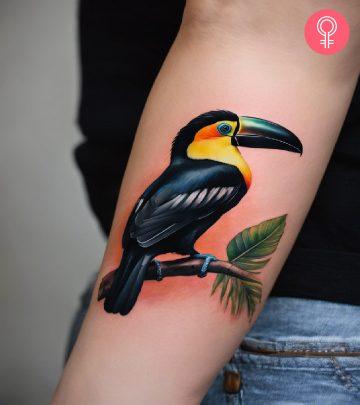


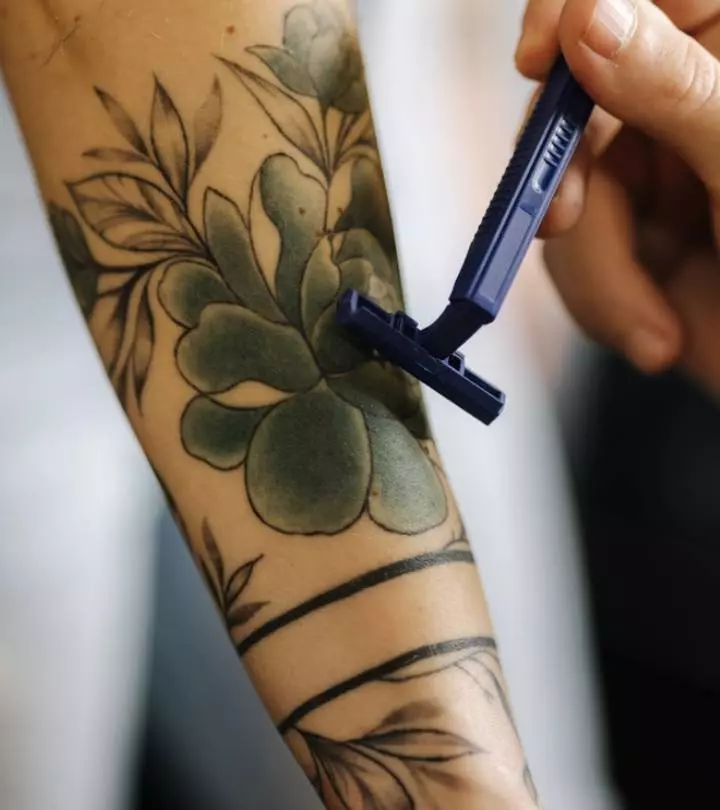

Community Experiences
Join the conversation and become a part of our empowering community! Share your stories, experiences, and insights to connect with other beauty, lifestyle, and health enthusiasts.